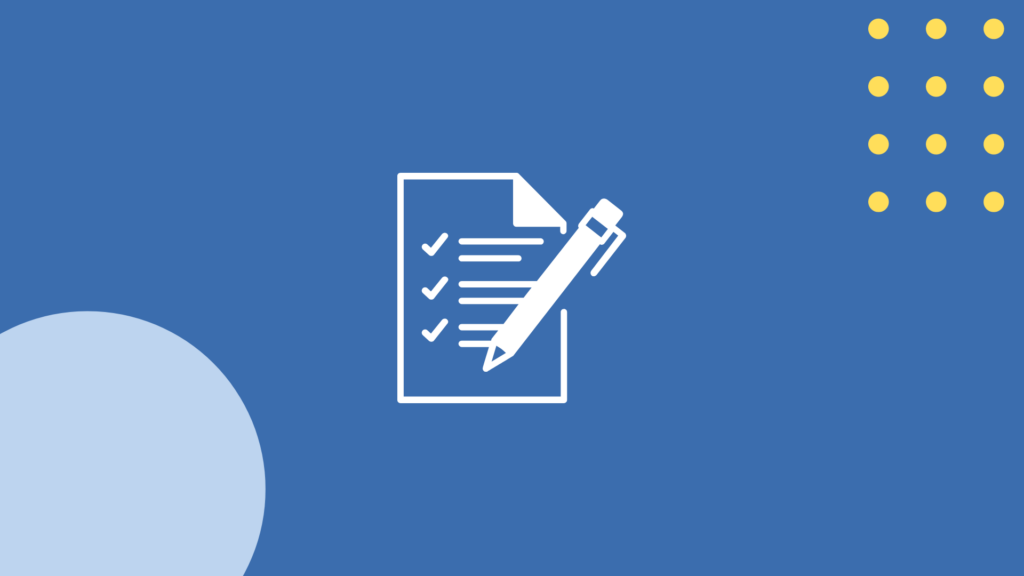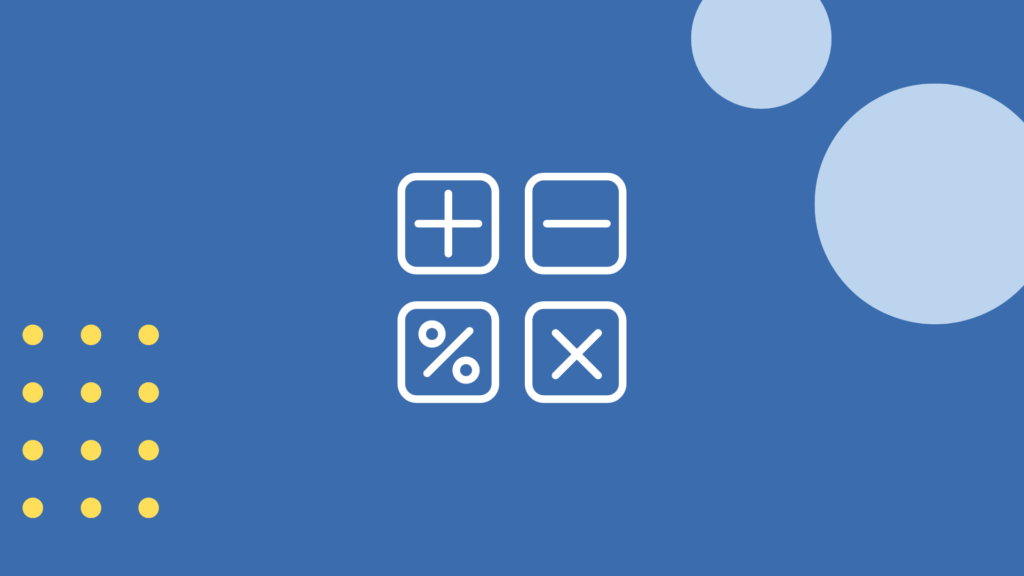Resources
Explore our curated collection of valuable resources designed to empower and inform
I’M LOOKING FOR RESOURCES FOR…

This pamphlet outlines five policy priorities with supporting data for young advocates and LD Champions to use when advocating for disability rights.

Federal State Snapshots of Learning Disabilities provide comprehensive data on the prevalence, support systems, and educational outcomes for individuals with learning disabilities across the United States.

A brief exploring the disproportionality in special education, the factors leading students of marginalized backgrounds to more restrictive environments, and policy recommendations.

This report dives into the complicated issue of assessments and how they harm and/or benefit students with learning disabilities.

This report sheds light on the inequities of the juvenile justice system as it relates to students with disabilities.

A snapshot breaking down data provided by the 2024 National Assessment of Educational Progress (NAEP) around student math assessments.

A snapshot breaking down data provided by the 2022 National Assessment of Educational Progress (NAEP) around student reading assessments.

An overview of the RISE Act, including its intent, purpose, core focus areas, and a list of supporters and sponsors.

A snapshot of federal data, terms, and definitions related to students with learning disabilities.
